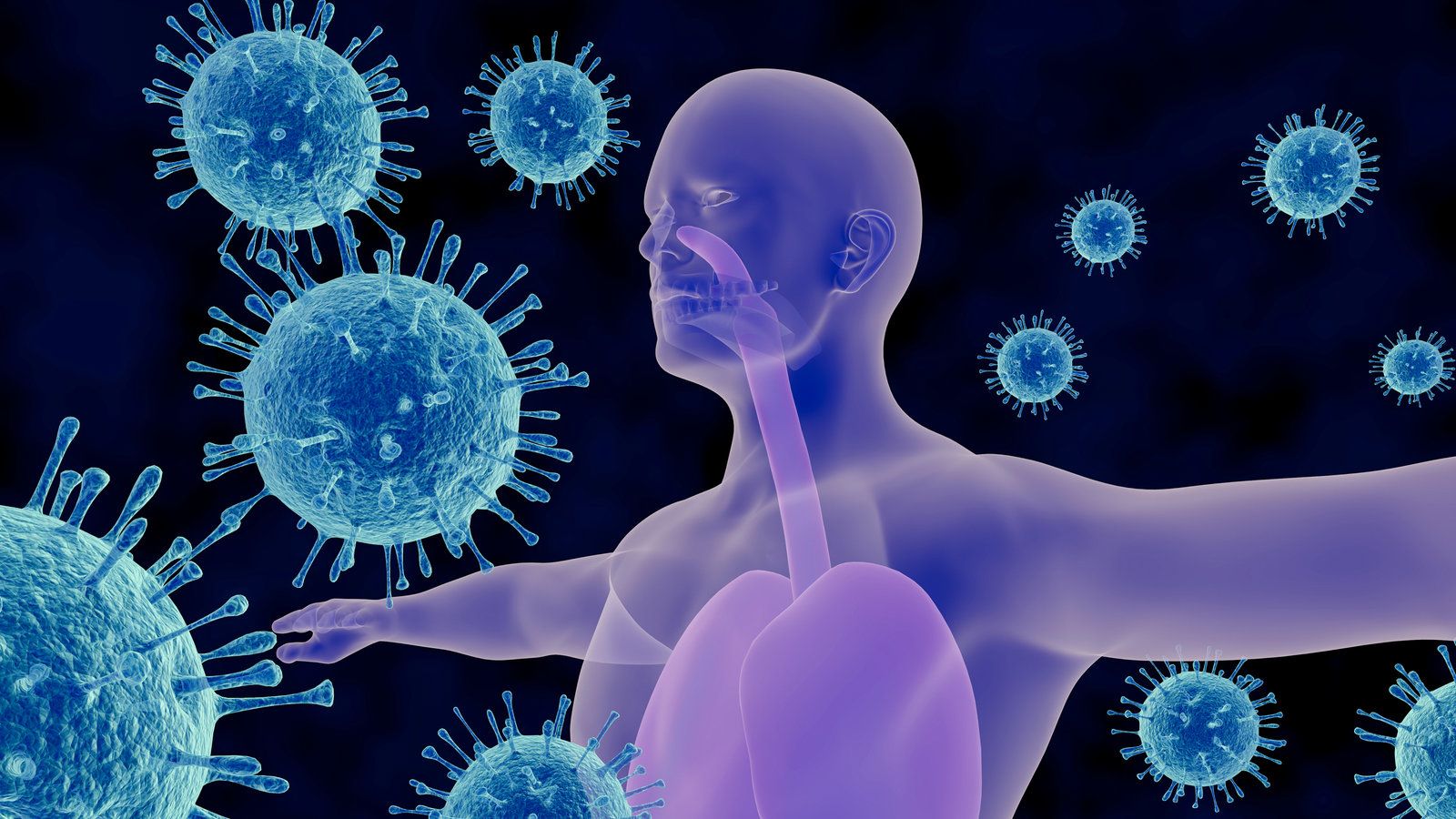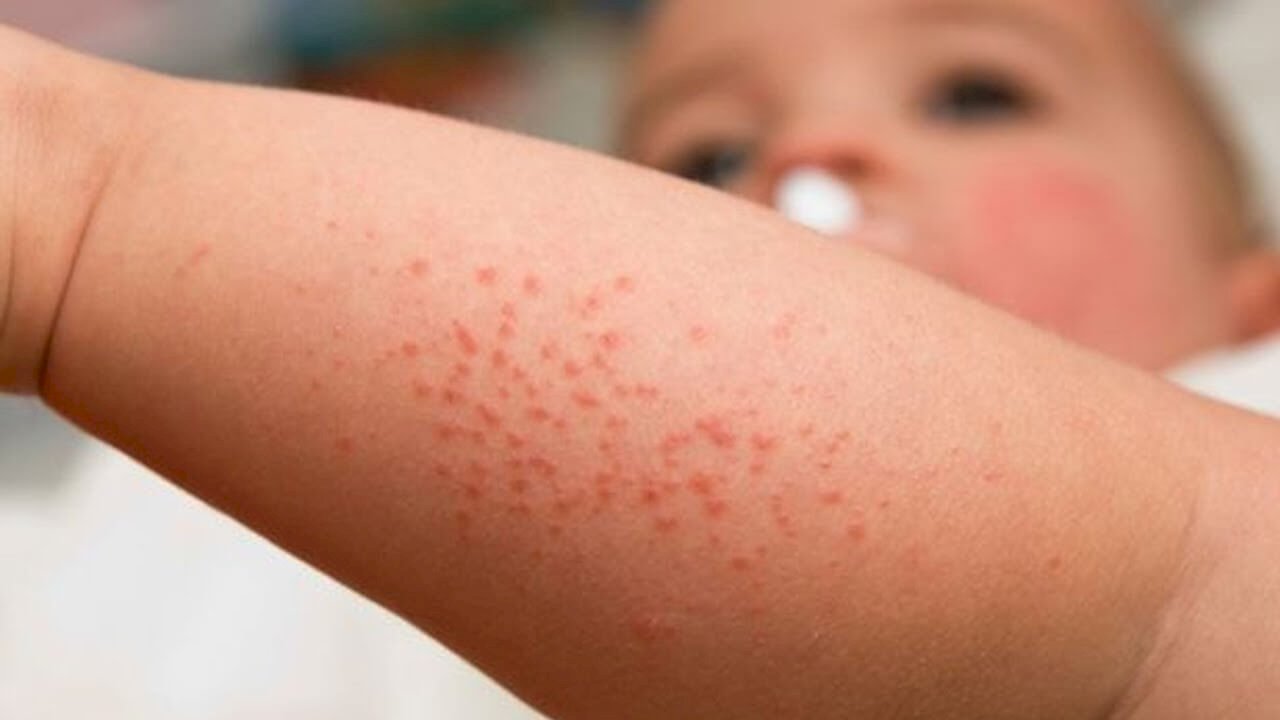
Adult-Onset Immunodeficiency Syndrome (AOID) is a rare condition that can leave many puzzled. Unlike congenital immunodeficiencies, AOID develops later in life, often catching individuals off guard. What causes this sudden change in the immune system? Researchers are still investigating, but factors like infections, medications, and even unknown triggers might play a role. How does it affect daily life? Symptoms can range from frequent infections to severe illnesses, making everyday activities challenging. Can it be treated? While there's no cure, treatments focus on managing symptoms and boosting the immune system. Understanding AOID is crucial for those affected and their loved ones. Let's dive into 22 intriguing facts about this mysterious condition.
What is Adult-Onset Immunodeficiency Syndrome?
Adult-Onset Immunodeficiency Syndrome (AOIS) is a rare condition where the immune system becomes weakened in adults, making them more susceptible to infections. This syndrome can be puzzling, but understanding its nuances can help in managing it better.
-
AOIS is not inherited: Unlike many other immune disorders, AOIS is not passed down genetically. It develops later in life due to various factors.
-
Common in Southeast Asia: AOIS is more frequently reported in Southeast Asia, particularly in Thailand and Taiwan.
-
Linked to autoantibodies: The condition is associated with the presence of autoantibodies that attack interferon-gamma, a crucial protein for immune defense.
-
Not contagious: AOIS cannot be transmitted from person to person, making it different from infectious diseases.
-
Symptoms mimic other conditions: Symptoms of AOIS can resemble those of other illnesses, such as tuberculosis, making diagnosis challenging.
Causes and Risk Factors
Understanding what triggers AOIS can provide insights into prevention and management. Here are some known causes and risk factors.
-
Environmental factors: Exposure to certain environmental elements may trigger AOIS in susceptible individuals.
-
Infections: Previous infections, particularly those caused by mycobacteria, can increase the risk of developing AOIS.
-
Age factor: AOIS typically affects adults over the age of 50, although younger individuals can also be affected.
-
Gender differences: Studies suggest that AOIS may be slightly more common in women than men.
-
Genetic predisposition: While not inherited, certain genetic factors may make some individuals more prone to developing AOIS.
Symptoms and Diagnosis
Recognizing the symptoms and getting an accurate diagnosis is crucial for managing AOIS effectively.
-
Frequent infections: Individuals with AOIS often experience recurrent infections, particularly those caused by bacteria and fungi.
-
Skin lesions: Skin infections and lesions are common symptoms of AOIS.
-
Respiratory issues: Chronic cough and difficulty breathing can be signs of AOIS due to lung infections.
-
Weight loss: Unexplained weight loss is a common symptom, often due to chronic infections.
-
Blood tests: Diagnosis typically involves blood tests to detect autoantibodies against interferon-gamma.
Treatment and Management
Managing AOIS involves a combination of medications and lifestyle changes. Here are some key aspects of treatment.
-
Antibiotics and antifungals: These medications are often prescribed to treat and prevent infections in AOIS patients.
-
Immunosuppressive therapy: In some cases, drugs that suppress the immune system may be used to reduce the production of harmful autoantibodies.
-
Regular monitoring: Frequent medical check-ups are essential to monitor the condition and adjust treatments as needed.
-
Healthy lifestyle: Maintaining a healthy diet, regular exercise, and avoiding exposure to infections can help manage AOIS.
-
Vaccinations: Staying up-to-date with vaccinations can provide additional protection against infections.
Living with AOIS
Living with AOIS requires adjustments and support. Here are some tips for managing daily life with this condition.
-
Support groups: Joining support groups can provide emotional support and practical advice from others with AOIS.
-
Education and awareness: Educating oneself and others about AOIS can help in managing the condition and reducing stigma.
Understanding Adult-Onset Immunodeficiency Syndrome
Adult-Onset Immunodeficiency Syndrome (AOID) is a rare but significant condition. It affects the immune system, making adults more susceptible to infections. Unlike congenital immunodeficiencies, AOID develops later in life, often without a clear cause. Symptoms can include frequent infections, fatigue, and unexplained weight loss. Diagnosis usually involves blood tests to check immune function. Treatment often includes antibiotics, antivirals, and sometimes immunoglobulin therapy to boost the immune system.
Living with AOID requires regular medical check-ups and a proactive approach to health. Patients should avoid exposure to infections and maintain a healthy lifestyle. While AOID can be challenging, advancements in medical research offer hope for better management and treatment options. Staying informed and working closely with healthcare providers can significantly improve quality of life for those affected by this condition.
Was this page helpful?
Our commitment to delivering trustworthy and engaging content is at the heart of what we do. Each fact on our site is contributed by real users like you, bringing a wealth of diverse insights and information. To ensure the highest standards of accuracy and reliability, our dedicated editors meticulously review each submission. This process guarantees that the facts we share are not only fascinating but also credible. Trust in our commitment to quality and authenticity as you explore and learn with us.


